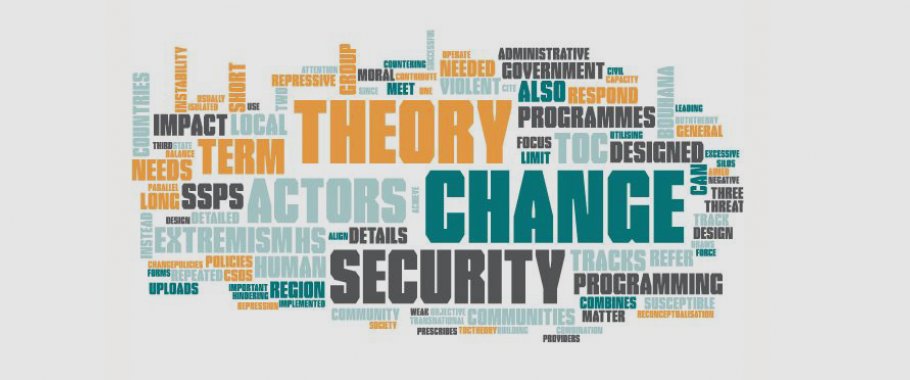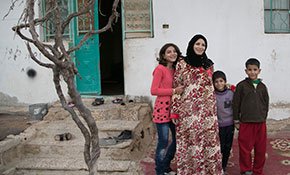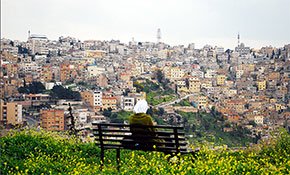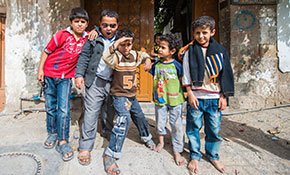-
Human Security
Human Security
His Royal Highness Prince El Hassan bin Talal defines resilience, carrying capacity and human dignity as the following:
Resilience: Resilience is the capacity of individuals, peoples, organisations and states to foresee, endure and evolve in response to challenges and shocks, be they exogenous or internal, economic, political, social or environmental. Resilience is a new and inter-disciplinary approach to development. This approach synergises a range of developmental factors, including education, legal and economic empowerment, eco-social factors, such as how a country manages its natural resources, and importantly, human dignity.
Carrying Capacity: Carrying capacity denotes the capability of a state or region to efficiently and equitably accommodate the needs and aspirations of its population to the prerequisite standard of human dignity. Carrying capacity is measured in terms of aggregate levels of natural and social resources available and the patterns of their distribution in local, national and regional contexts; this is without prejudice to the fundamental importance of balance vis-à-vis the natural ecosystems within which any notion of carrying capacity necessarily operates.
Human Dignity: As a minimum standard for individual and collective wellbeing, human dignity represents a moral conviction that individuals are imbued with an inherent worth, which derives from their innate humanity. The importance of human dignity in taking our understanding of carrying capacity beyond individual physical needs is evinced by Amartya Sen’s observation that: ‘Certainly, people do have needs, but they also have values and, in particular, cherish their ability to reason, appraise, choose, participate and act. Seeing people only in terms of their needs may give us a rather meagre view of humanity.’
In a region often defined by conflict, the WANA Institute seeks to refocus attention on human security.
Within the area of human security, the WANA Institute addresses issues that include:
- Transition and identity
- Human rights
- Armed conflict and intervention
- Refugee movements
- Inter-faith dialogue
- Social cohesion




![Drivers of Violent Extremism [copyright: © Copyright Erika Wittlieb] Drivers of Violent Extremism](https://wanainstitute.org/sites/default/files/styles/inner_slider_expanded/public/image_slides/Screen%20Shot%202018-03-19%20at%209.31.09%20AM.png?itok=0O720NBF)



